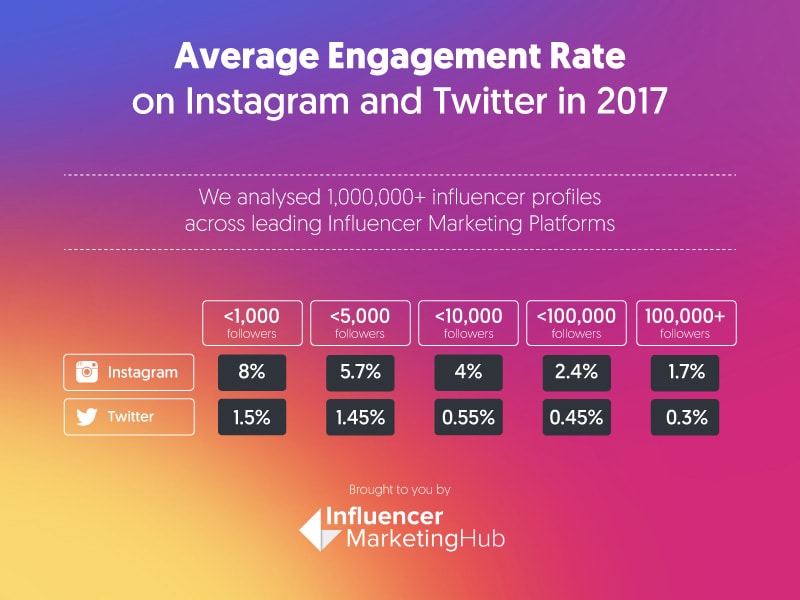
Top 5 Questions from Parents
Instagram is among lots of social media apps for smartphones and no single service, app or tool covers all digital social activities or perhaps a single classification, but research study reveals that socializing face-to-face is still the main event for teens.
Keep in mind that your kids can be on Instagram even if they're not on Instagram. Sounds unlikely, but not in social media. Even if a moms and dad bans all social networks, his/her kid's photo and other information can be posted by friends via their accounts. And for teens, there's the fear of missing out that even has its own Other acronym, "FOMO." While not all teenagers need to or always even want to use social networks apps, for lots of it's ingrained into their social lives. Of course, parents ought to assist their teen make good choices, but banning social networks may not be the very best option.
There are lots of options for digital socializing, with new ones popping up on various platforms all the time. Some do a much better task of safeguarding personal privacy and safety than others, and moms and dads can't potentially be on top of all of them. We also can't constantly understand the context of photos, videos and comments our kids are part of in social networks. That's why it's important to keep the lines of interaction with your kids as open as possible and collaborate to find out what's suitable for them, in terms of safety, personal privacy, track record and time management. It generally simply works much better to talk with our kids about their favorite tools-- with authentic interest, not fear-- since they're most likely to come to you if they ever need assistance.
1. Why do teenagers love Instagram?
Due to the fact that they enjoy consuming and developing media, sharing it and mingling, and Instagram makes all that manageable in a basic, attractive method. Teenagers also like the capability to produce "stories" that disappear after 24 hours.
2. Does Instagram have a minimum age?
Yes, it's 13, in compliance with the Children's Online Privacy Protection Act. Instagram does not ask users to specify their age, and, despite the rules, there are numerous more youthful kids who use the service, often with their moms and dads' consent. Instagram will erase underage accounts if they're informed and can't validate that the user is over 13.
3. What are the dangers in using Instagram?
Though there's nothing inherently harmful about Instagram, the main things moms and dads fret about are typical of all social media: mean habits amongst peers, inappropriate images or videos that can injure a teenager's track record or bring in the incorrect kind of attention, overuse, and obviously, privacy. Parents are also concerned that people their kids don't understand can connect to them straight. Kids can learn to lower the likelihood of these threats, which is why we composed this guide.
4. Exist tools to assist restrict how much time your kids spend on Instagram?
Instagram now uses tools to assist users of any age better handle the time they invest using the app. That includes an activity dashboard, a day-to-day reminder and boosted ways to limit notifications. As we explain later on in the guide, you can access these tools from Instagram's settings menu.
5. Should my teenager's profile be private?
We recommend teenagers have a personal account so that just followers they authorize can see their posts in the Page Photos tab of Search & Explore or on hashtag or location pages. (Accounts are public by default.) A more public existence might be proper for some older teenagers, such as those who are promoting for a cause, raising money for charity or participating in discussions about sports, problems or pastimes. If you believe your older teenager might take advantage of a public account, make sure to consult with them about how to prevent publishing anything that might endanger their safety, individual privacy or reputation. It's essential to keep in mind that Instagram's privacy settings do not follow if the posts are shared to Facebook, Twitter or Tumblr. Instead, the privacy settings for those services will apply.